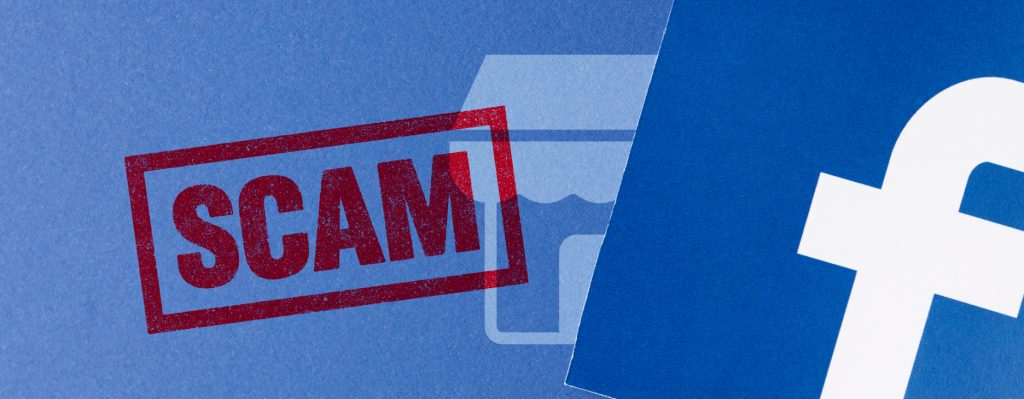
Facebook Marketplace is a great platform for buying and selling items online, for buying or selling used or unwanted items. Like any other online marketplace, there are two sides to it, like the Facebook Marketplace scam. In order to avoid these scams, in this article we will introduce some common Facebook market scams and how to avoid them. You can also learn more about Facebook by purchasing a Facebook Account.
Common Facebook Marketplace Scams
Counterfeit: A knockoff of an expensive product is sold as the real thing.
Gift Card Scam: Fraudsters demand payment with gift cards before deceiving buyers because gift cards are anonymous and cannot be traced back to them.
Bait and Switch: Advertise one product before “switching” to another, lesser quality product.
Broken Products: Selling broken products that are masquerading as high-quality merchandise.
Fake rentals: Fake listings of houses and apartments.
QR code scam: Sellers were asked to scan a QR code to “ensure the buyer has the correct account” but the seller was charged a fee.
Car Deposit Scam: Buyers who pay car deposits for fraudulent listings.
‘Accidental’ overpayment: Sellers claim to have overpaid using fake screenshots, then ask their buyers to pay back the ‘extra’ amount.
Fake Giveaways: Fake giveaways for fishing messages.
Fake IELTS/TOEFL/etc: Sellers claiming to offer fake IELTS, TOEFL or other certificates.
Fake Accounts: Fake accounts are often used to commit fraud.
How to Avoid Facebook Marketplace Scams
1. Always check when your Facebook profile was created. Before buying anything, take a look at the person’s profile. Someone sold an item to a Facebook account, but they disappeared without paying. The same goes for those who purchased items but never received them.
2. Never pay for items in advance. You might pay for an item that never arrives. If someone is mailing an item, make sure you know the mailing proof and tracking number, and if possible have photo evidence of the item being shipped.
3. Always use a reputable payment method. Something like PayPal is safe for buyers as they will investigate any claims on your behalf and provide security for sellers.
4. If using PayPal, pay attention to the refund option. There are options for “Goods and Services” or “Friends and Family,” the latter of which is paid without a fee.
5. Only use Facebook to communicate. If the seller insists on forcing you to communicate on other channels, you can stop communicating, and the scammer may be trying to get you to send the payment through some other unexpected method.
6. Always be cautious about rental information. Facebook marketplace is not just a place to buy items, it also has listings of properties for rent. If you are renting from the Facebook marketplace, be sure to visit the property and do not pay any fees, including a down payment, until the proper documents are signed.
What should you do if you are unfortunate enough to be deceived?
1. Report scammers immediately. Select the “Report” option by clicking on the seller’s name and three dots on their profile, then follow the instructions.
2. Block sellers, make sure you don’t have malware. If you suspect your PC has been infected with malware through a scam, hire an IT security professional to make sure your device is malware-free. This simply stops any communication between you, especially if they’ve been interfering with your payments.
3. Contact your bank and freeze your account. If you encounter scams, contact your bank promptly, tell them the details, and work with them on what to do next.
Facebook marketplace is not the only scam on social platforms, there are many other Facebook scams. If you want more detailed guides on how to avoid Facebook scams, keep an eye on our website mmorpgm.com.
Share this content:
Leave a Reply